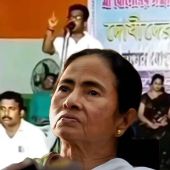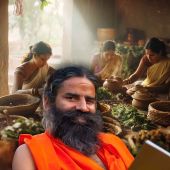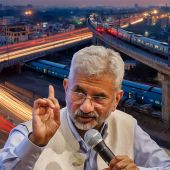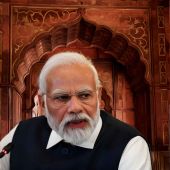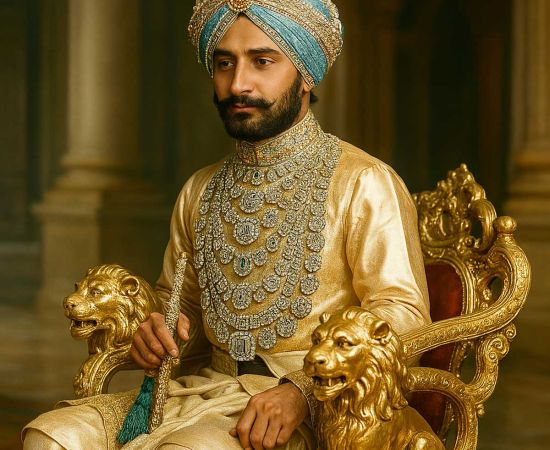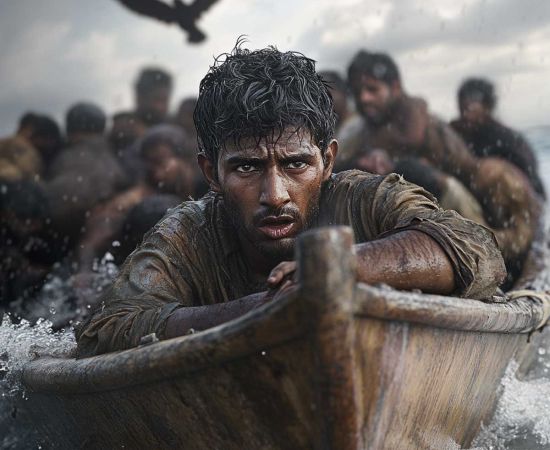Lets take a new year resolution together to liberate Bharatiya history from the paws of colonial effect
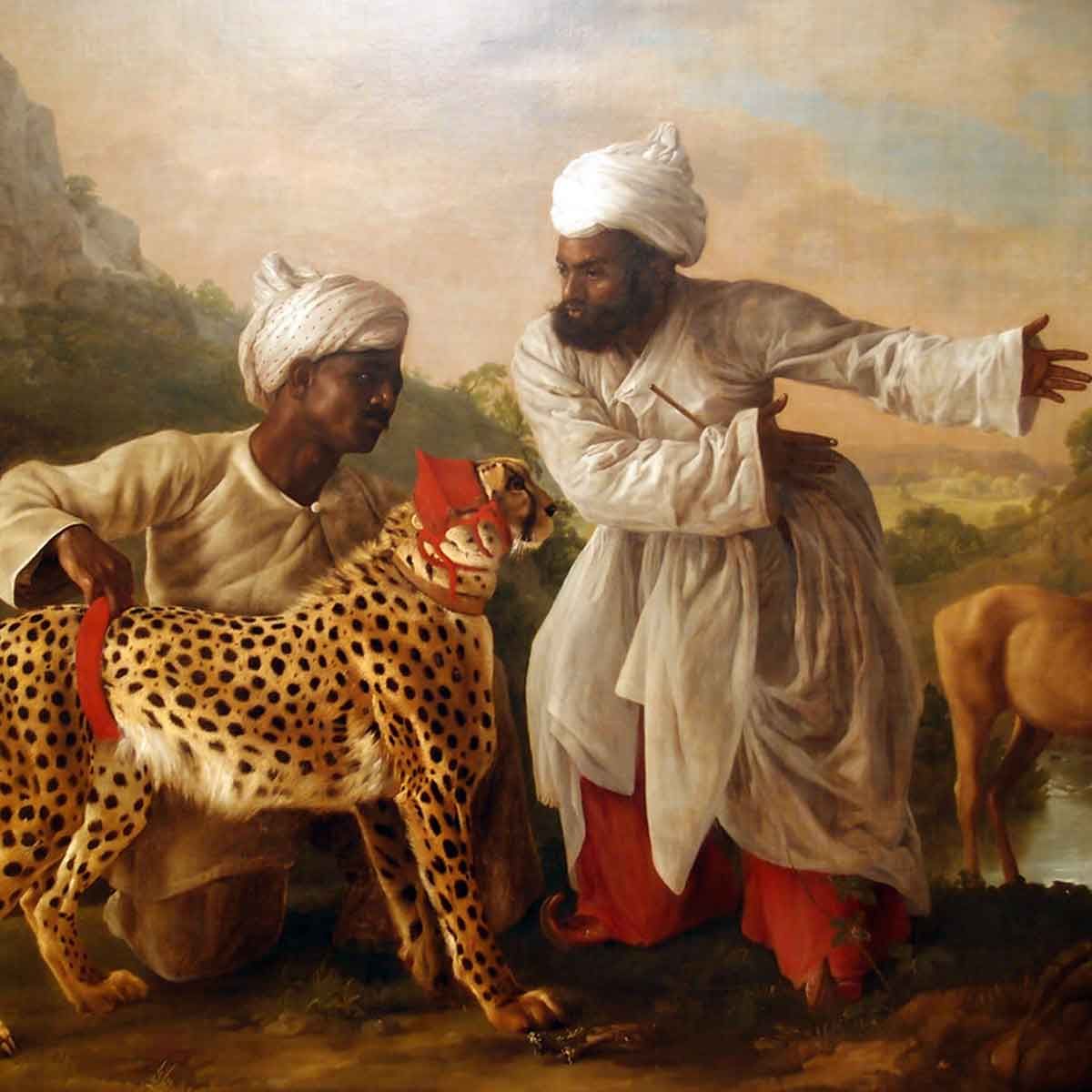
When Bharat got independence from the British yoke in 1947, the first thing that should have been brought on the priority of the socio-political spectrum of the country should have been the history of Bharat that the generations of the country we're supposed to study in schools, colleges, universities and thereafter.
Each nation in the world desires to instill a sense of pride among its people through the study of history and also makes its people realize the mistakes of the past so that the same are not repeated in the future. To be perfectly articulate and correct in this regard, history writing must be a professional effort devoid of any sort of a particular mindset other than the nationhood at the core of it.
Unfortunately, in the case of our country, it didn’t happen nor was it attempted to immediately after the achievement of freedom from the Britishers. The colonial mindset among our rulers and the so-called intellectuals who had access and reach to the necessary and desired instrumentalities and tools connected was overwhelming, stark, and real. The colonial mentality is absorbing an internalized attitude of ethnic, civilizational, or cultural inferiority felt by people as a result of colonization. It corresponds with the belief that the cultural values of the colonizer are inherently superior to one’s own. The interesting but complicated thing about colonialism is that it encompasses not just politics, education, and economics, but the consciousness of the nation too.
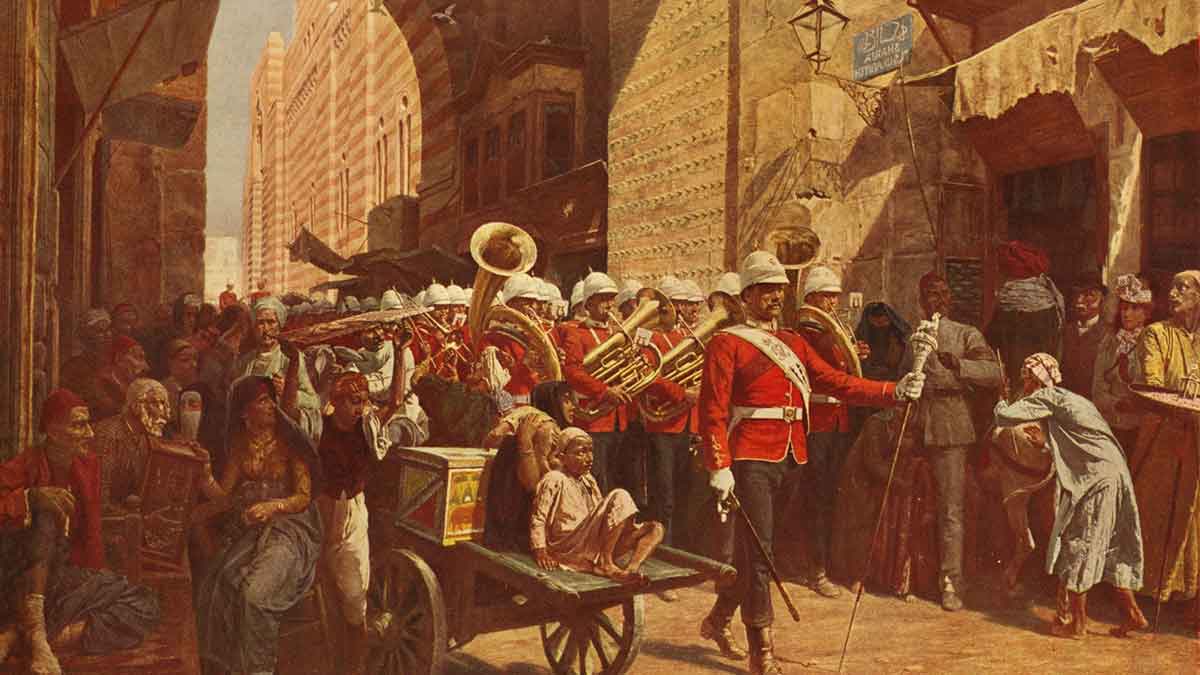 |
The initial rulers post-independence and their pet and nourished intellectuals assumed a role with the support of the government to be among the most important sections of the society that had an overwhelming impact upon the mind of the common masses. Psychologically speaking, their colonial mentality led initially to their collective depression, anxiety, and other widespread issues leading to the operational concept for framing ideological domination in historical colonial experiences.
For colonized people- before, during, and after colonization- the land is always their first and foremost essential aspect of life. Their description of the land they live on is the most important feature of their nationhood and collective consciousness. In case the same is put in doubt in a historical perspective, the nationhood naturally becomes soulless and without the warmth of national consciousness. It carries its effect through generations. The transgenerational effects of colonialism through the study of orchestrated and concocted historical interpretations cut at the roots of nationhood and national awareness.
It needs to be understood in perspective that the colonized people perpetuate their condition by striving to emulate the culture and ideas of their oppressors. ‘Imperialism leaves behind germs of rot which we must clinically detect and remove from our land but our minds as well’, said Frantz Fanon, the critical theorist, in his study of psychology and sociology in the context of the colonized people. It was ironic for the Bharatiya nation that the initial post-freedom era politicians led by Nehru, instead of guiding the history writers in the context of the national spirit and goals allowed them to be guided by the complexes of the colonized mindset.
The first rot they pursued was the ‘Aryan-invasion’ theory which had no concrete foundations based on independent research. The theory had been initially carried forward by the Britishers in Bharat during their rule.
Such was its impact on the minds of the intellectuals of that era that before partition, Dr. Mohd. Iqbal, the creator of the famous poem in praise of Bharat, “Sarey Jahan Sey Achha Hindustan Hamara” referred to the so-called Aryans coming to Bharat in his poem. He said, ‘Aey aabi rudey Ganga, woh din hai yad tujko, utra terey kinarey, jab kaarvan hamara‘. It was de facto an admission of the concocted theory that ‘the people in Bharat who call themselves its natives were outsiders who settled in Bharat thousands of years before. It virtually equated them with the other invaders and foreign rulers. Of course, the same Iqbal later turned into a fundamentalist and key advocate of the two-nation theory.
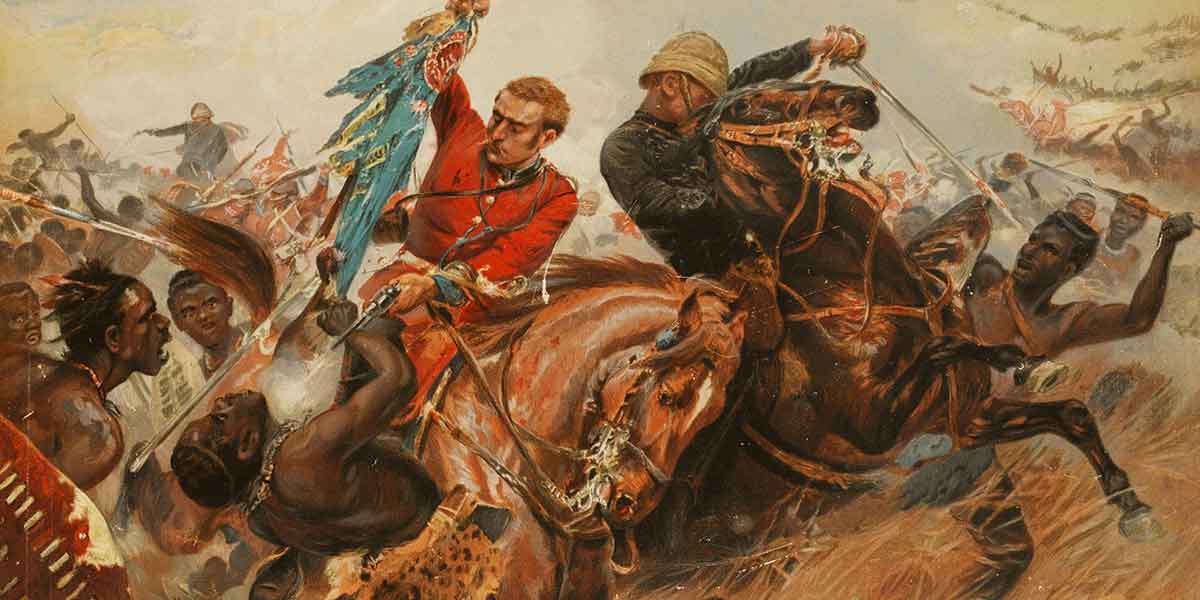 |
The views of genius historians like R.C.Majumdar, Jadunath Sarkar, and the likes were not allowed the central stage by the liberal and Marxist lobby nurtured in the corridors of power. In addition, under the garb and in the name of secularism, the medieval barbaric invaders of Bharat were accepted by the new history writers, like Romila Thaper, Irfan Habib, and men and women of their ilk as genuine rulers of the land.
They promoted the medieval history of Bharat and ignored ancient history. The history was so written as if while these foreign rulers were busy with their persecutions against the natives, the rest of Bharat had reconciled to their oppression and suppression. The truth is that the history that was called by them as the history of these barbaric foreign rulers was the history of struggle by the natives against them. The nomenclatures like ‘Alexander the great’ or ‘Akbar the great’ had no relevance in the historicity of Bharat yet these terms were pushed through and imposed on the young minds.
Bakhtiyar Khalji was a Turko-Afghan military general who led the Muslim conquests of the eastern Bharatiya regions of Bengal and Bihar and established himself as their ruler in the late 12th century. He destroyed the world-famous University of Nalanda and yet earned recognition in the form that near its ruins got situated a place with the name Bakhtiarpur. Sikander, the Butshikan (‘destroyer of idols’), destroyed the great Martand temple in Kashmir yet was recognized as among the so-called Salatiney-Kashmir.
Babur, the Mughal barbarian destroyed the ancient Ram Mandir at Ayodhya yet a mosque was built and named in his name on the ruins of the temple. Maharana Pratap, the great king of Rajputana who never accepted subjugation of Akbar and fought fierce battles against him, was relegated to the footnotes in history while describing the rule of the alien ruler. During the rule of Akbar, Hindus were asked to pay Jizya (a tax imposed on non-Muslims) for visiting Ganga and Haridwar, but he was coronated as a ‘secular face’ of Mughals by the politicians and the liberal history writers. Congressmen went several steps ahead and called him as one of them who had become ‘their own.
Jahangir, the Mughal ruler was responsible for the persecution of the Hindu kings and jailed them in the Gwalior fort followed by the torture and killing of Guru Hargobind Ji, yet was acclaimed as ‘representative of justice’. Shah Jahan brought down 63 temples in Ayodhya but was recognized as the so-called maker of Taj-Mahal, for which it was claimed that the hands of its builders were ordered to be cut off by the king. Moreover, he was made an artificial representative of love and romance with Noor-Jahan whose previous husband was killed by him to marry her to produce 14 children.
Aurangzeb, the cruelest Mughal who killed Guru Teg Bahadur, his whole family, and his disciples were adjudged as a ‘truthful’ Muslim king who met his expenses by weaving skull caps. Cities, roads, and colonies bear his name in independent Bharat at the expense of our cultural emotions, social aspirations, and national sentiments.
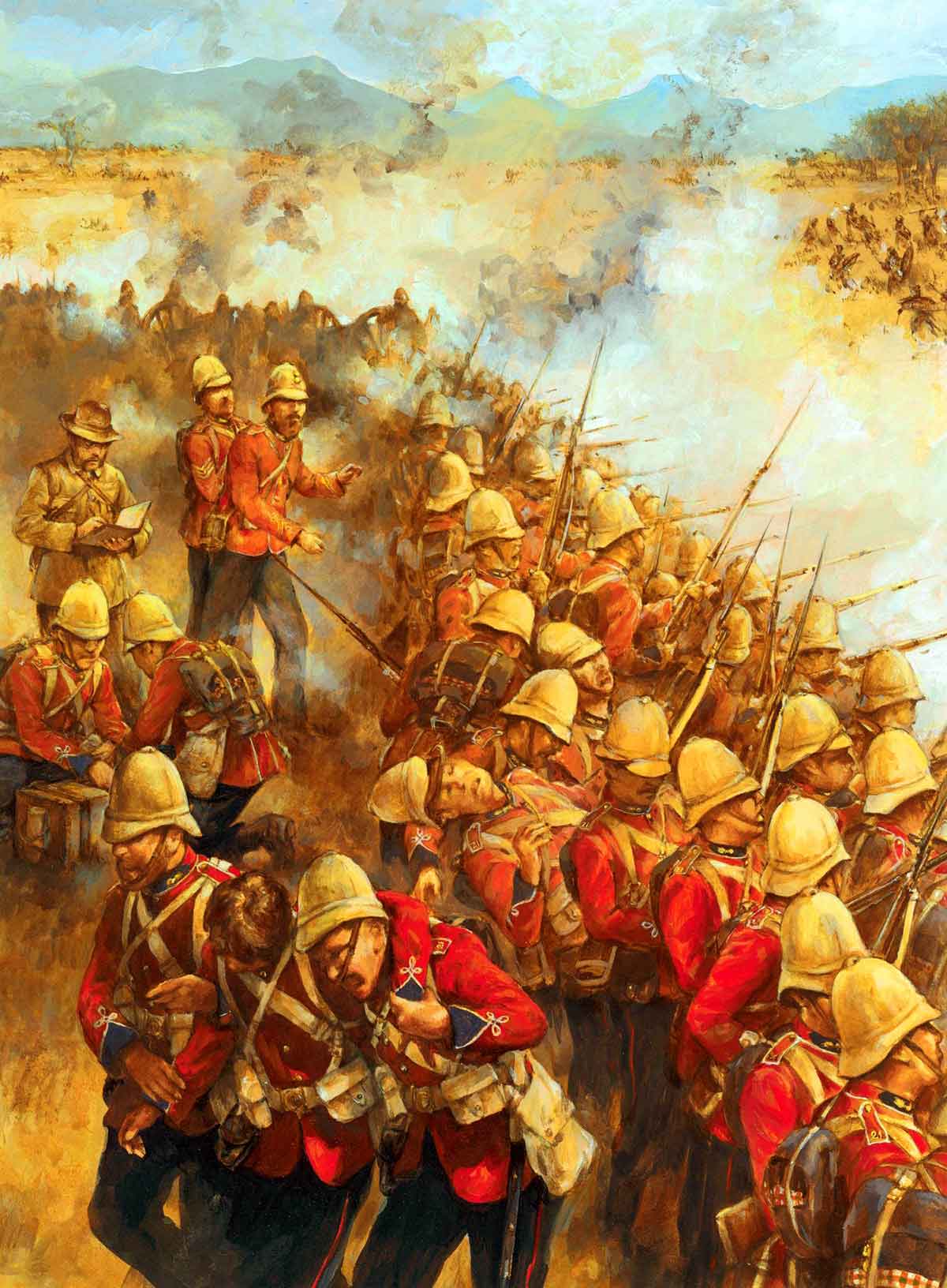 |
Rana Sangha, Chatrapati Shivaji Maharaj, Guru Gobind Singh, Ahailyabhai Holkar, Maharaja Ranjit Singh, and Maharaj Krishnadevaraya were never given their due in the history that was recommended for students in our educational institutions. Flimsy interpretations were given to differentiate between the British rule and the rule of the Muslim invaders while the fact of the matter is that both were equally foreign, alien, and thus unacceptable to the Bharatiya body, mind, intellect, and soul.
There is an imperative need to decolonize the mindset of the history writers so that they feel free to write the real history that transmits national pride among our generations to come. It is time after seven decades of our freedom to liberate our history from the deep colonization effect in the true sense, particularly when the people have brought a change in the government at the center in and after 2014. To achieve the objective, the Government of Bharat needs to be firm and decisive in this national mission to right the wrongs already done. The nation awaits the reformative change in this direction at an earnest.
References:
 Support Us
Support Us
Satyagraha was born from the heart of our land, with an undying aim to unveil the true essence of Bharat. It seeks to illuminate the hidden tales of our valiant freedom fighters and the rich chronicles that haven't yet sung their complete melody in the mainstream.
While platforms like NDTV and 'The Wire' effortlessly garner funds under the banner of safeguarding democracy, we at Satyagraha walk a different path. Our strength and resonance come from you. In this journey to weave a stronger Bharat, every little contribution amplifies our voice. Let's come together, contribute as you can, and champion the true spirit of our nation.
 |  |  |
| ICICI Bank of Satyaagrah | Razorpay Bank of Satyaagrah | PayPal Bank of Satyaagrah - For International Payments |
If all above doesn't work, then try the LINK below:
Please share the article on other platforms
DISCLAIMER: The author is solely responsible for the views expressed in this article. The author carries the responsibility for citing and/or licensing of images utilized within the text. The website also frequently uses non-commercial images for representational purposes only in line with the article. We are not responsible for the authenticity of such images. If some images have a copyright issue, we request the person/entity to contact us at satyaagrahindia@gmail.com and we will take the necessary actions to resolve the issue.
Related Articles
- When Nehru faced mass opposition for restraining press freedom and freedom of expression to protect ‘moral standards’ of Indians
- 'Muh me ram bagal me chhuri' - Gandhi’s politics is hollow and noisy, full of treachery and deceit’: Read what Dr. Ambedkar said about the ‘Mahatma’
- Anything atrocious and we have Hindu identity to merit, but for the good, we have a tough choice: Mughals, British, or Nehru
- Malaysia and Singapore are allowing temple entry with Covid protocols but here in Tamil Nadu, India Devotees are denied entry to Palani temple on Thaipusam festival: Thaipusam is an important festival of the Tamil community
- Maligning of India by British Raj since the 1800s
- Mumbai ATS tortured and forced witness in the 2008 Malegaon blast case to falsely accuse Yogi Adityanath and RSS leaders
- ‘Liberal’ elites has issue with Hindu identity of PM Modi and emphasize "Aakhir Albert Pinto Ko Darr Kyun Lagta Hai" – Deciphering the latest rants of Naseeruddin Shah
- The Lost City of Dwarka and step-motherly treatment to it's Archaeological excavations as revealed by RTI: Shocking state of neglect for Hindu sites by the Government
- While Shaheen Bagh showcases its latest artwork for anti-CAA 'protest', it also reveals its true nature of Islamist supremacy and Hinduphobia: Adds image of Hindu Swastika being ‘smashed’ and disintegrating
- 26 Dec 2021 to 1 Jan 2022 - Routine summary of persecution, hate-crimes and discrimination against Hindus: Hindus under attack
- Master of fabrication and deceit: 4 occasions where eminent “historian” D N Jha misled to suit the narrative
- Anuj Dhar claims that Subhas Chandra Bose was suspected of being ‘poisoned’ after ouster from the post of Congress president
- British author Tunku Varadarajan tried to tarnish the image of iconic freedom fighter Netaji with reference to Hitler: Sinister agenda to malign the legacy of Netaji from calling him a ‘flawed hero’ to a ‘Nazi sympathiser’
- Controversial conference co-sponsored by Massey University to advocate abolishment of Hindu Dharma
- Christian fundamentalist Charles Dickens who hated Hindus and Bharat with a vengeance bordering to the insanity – quite like another British hero Winston Churchill

